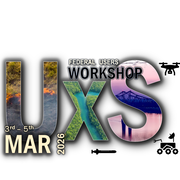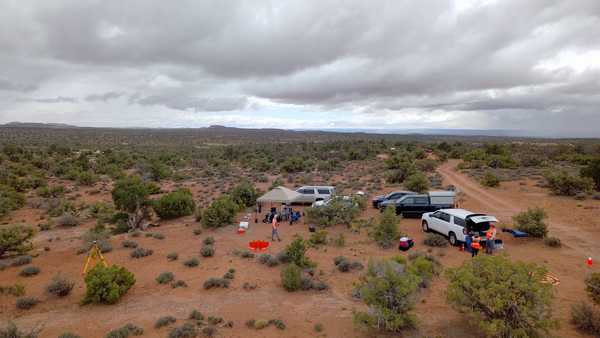Miguel’s research involves using earth observation systems and spatial analyses to better understand how disturbances such as wildfire, invasive species, and energy development affect ecosystems, ecosystem services, and human communities, and to provide land managers information to help reduce risk and facilitate recovery after a disturbance. His geographic focus is on water-limited (dryland) regions of the west, which are particularly sensitive to complex interactions between human land use, natural disturbances, and climate change.
Miguel’s current research projects include studies of wildfire and wildlife in the Sky Island region of the U.S.-Mexico borderlands, monitoring the impacts and recovery of oil and gas and solar energy developments on the Colorado Plateau and Mojave Deserts, and mapping and monitoring biological soil crusts and invasive grasses across the western US. He works closely with federal agency partners (NPS, USFWS, BLM, USFS, DOD) to develop and implement research projects.
Current and recent research projects
- Remote Sensing for Resource Management, Project Chief (2015-Present)
- Southwest Energy Development and Reclamation (SWEDR), Co-Project Chief (2015-Present)
- Biological soil crust ecology and function from space, Co-Project Chief (2020-Present)
- Southern Border Fuels Management Initiative: Strategies to reduce fire risk and improve viewsheds along the U.S. southern border, Co-Investigator (2019-Present)
- Remote Sensing for Monitoring Riverside East Solar Development Focus Area (DFA) and for Desert Energy Transmission Corridors, Principal Investigator (2021-Present)
- Assessing change in forest density and fuel loads in the absence of fire (1941-2018) at Lassen Volcanic NP using historic aerial photos, Principal Investigator (2019-Present)
- Evaluating the response of California Delta riparian ecosystems to anthropogenic and climate stressors, Principal investigator (2019-2021)
- Detection and monitoring of fire-prone early season invasive grasses in the Southwest, Co-investigator (2020-2021)
- Wildfire probability mapping based on regional soil moisture models. Co-investigator, (2020-2022)
- Assessing Vulnerability to Drought in Dryland Ecosystems of the Western U.S. Co-investigator, (2016-2018)

















